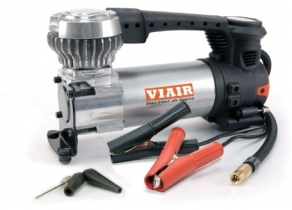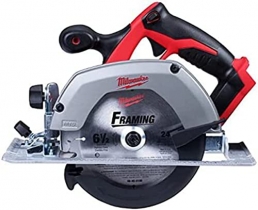-
Welcome to Tacoma World!
You are currently viewing as a guest! To get full-access, you need to register for a FREE account.
As a registered member, you’ll be able to:- Participate in all Tacoma discussion topics
- Communicate privately with other Tacoma owners from around the world
- Post your own photos in our Members Gallery
- Access all special features of the site
Fuel Filter Change??
Discussion in '2nd Gen. Tacomas (2005-2015)' started by cormchar, Aug 24, 2011.
Page 1 of 2
Page 1 of 2


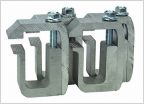 2nd gen camper shell questions
2nd gen camper shell questions Wrapping steering wheel
Wrapping steering wheel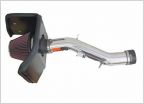 Need help - Who is handy with a tape measure?
Need help - Who is handy with a tape measure?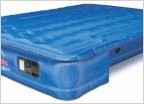 Air matress that will fit 6 foot bed?
Air matress that will fit 6 foot bed?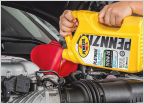 Where can I buy Pennzoil Ultra Platinum 5W-30 Full Synthetic Oil?
Where can I buy Pennzoil Ultra Platinum 5W-30 Full Synthetic Oil?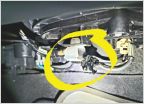 Heater blower wire melted
Heater blower wire melted

